


Table of Contents
- Overview of Peenya Industrial Area's location
- Peenya Industrial Area's Historical Background
- Key Industries and Sectors Operating Within Peenya
- Prospects for growth and expansion in Peenya Industrial Area
- Conclusion
- Faq's
Overview of Peenya Industrial Area's location
Peenya Industrial Area is located in the northern part of Bangalore, Karnataka, India. It spans approximately 1,200 acres and is divided into four phases Peenya Industrial Area Phase 1, Phase 2, Phase 3, and Phase 4. Situated along NH-75 (Tumkur Road) and NH-44 (Mumbai-Bangalore Highway), Peenya Industrial Area enjoys strategic connectivity to major transportation routes, facilitating easy access to different parts of Bangalore and beyond. Its location, about 20 kilometers from Bangalore City Railway Station and 25 kilometers from Kempegowda International Airport, enhances its accessibility for industrial operations and logistics.
Peenya Industrial Area's Historical Background
Peenya Industrial Area, located in the northern part of Bangalore, Karnataka, has a rich historical background that underscores its significance in the city's industrial development. Initially established in the 1970s, Peenya was planned and developed by the Karnataka Industrial Areas Development Board (KIADB) to promote industrial growth and attract manufacturing enterprises. The area was strategically chosen for its proximity to major national highways like NH-75 and NH-44, facilitating easy transportation of goods and raw materials.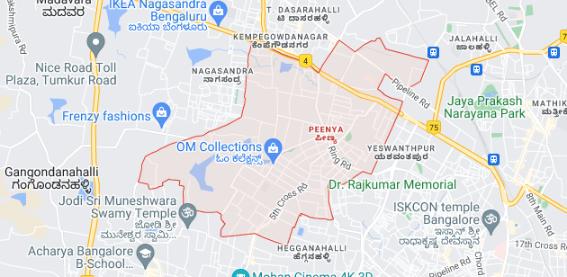
Over the decades, Peenya Industrial Area has evolved into one of the largest and most diverse industrial zones in Bangalore, encompassing multiple phases spread across approximately 1,200 acres. It has become a hub for various industries including engineering, electronics, textiles, plastics, and automotive components, among others. This industrial diversity has contributed significantly to Bangalore's status as a major economic center in India.
Peenya's location, situated about 20 kilometers from Bangalore City Railway Station and 25 kilometers from Kempegowda International Airport, further enhances its accessibility and connectivity for businesses and industrial operations. The area continues to play a pivotal role in Bangalore's industrial landscape, driving economic growth, attracting investments, and providing employment opportunities for a diverse workforce.
Key Industries and Sectors Operating Within Peenya
Peenya Industrial Area in Bangalore hosts a diverse range of industries and sectors, making it a significant industrial hub in Karnataka. Here are some key industries and sectors operating within Peenya:
Engineering and Manufacturing:
Peenya is renowned for its engineering and manufacturing sector, encompassing machinery, tools, metal fabrication, and precision engineering. Numerous small, medium, and large-scale enterprises specialize in manufacturing components and equipment for various industries.
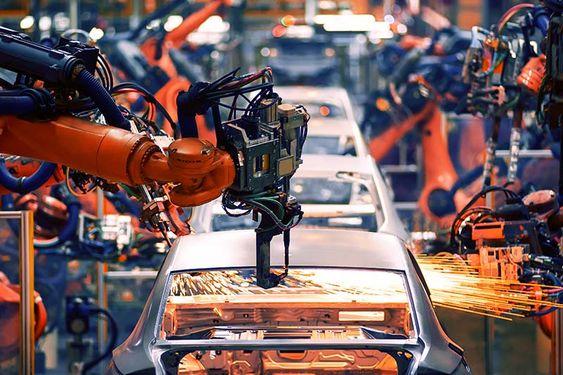 pinterest
pinterest
Electronics and Electrical Goods:
The area houses several electronics and electrical goods manufacturers, producing components such as circuit boards, consumer electronics, electrical equipment, and industrial automation systems.
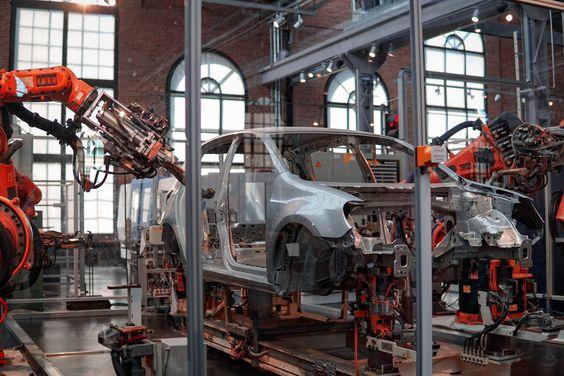 pinterest
pinterest
Textiles and Garments:
Peenya includes textile units engaged in manufacturing textiles, garments, apparel, and related products. These units cater to both domestic and export markets, contributing to the textile industry's growth in Karnataka.
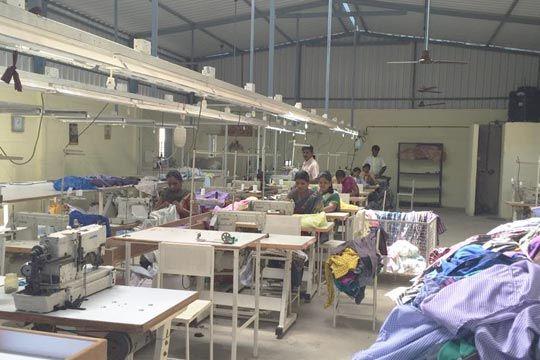 pinterest
pinterest
Plastics and Rubber Products:
The plastics and rubber sector in Peenya manufactures a wide range of products including plastic components, packaging materials, rubber parts, and industrial rubber products for diverse applications.
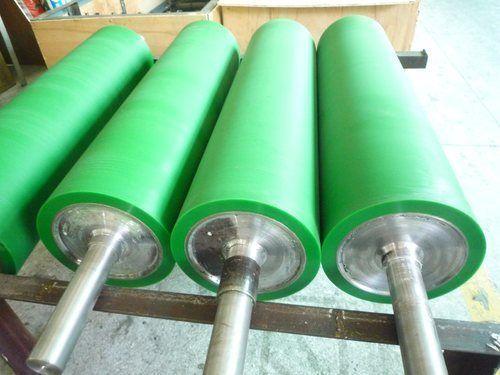 pinterest
pinterest
Automotive Components:
Peenya hosts numerous companies specializing in automotive components manufacturing, including parts for cars, motorcycles, commercial vehicles, and agricultural machinery. This sector benefits from Bangalore's proximity to major automotive markets.
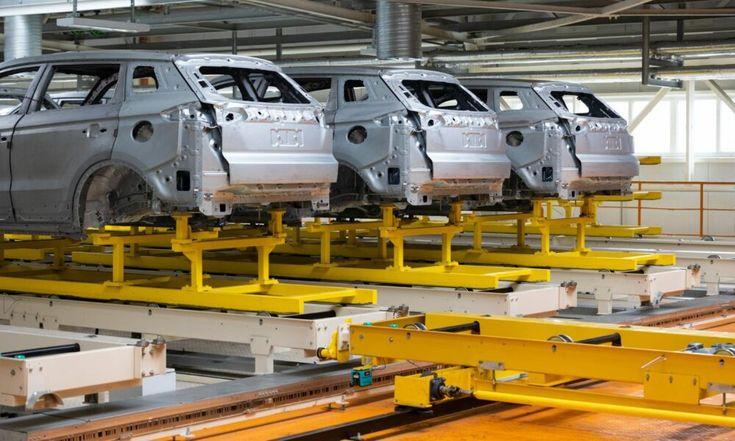 pinterest
pinterest
Prospects for growth and expansion in Peenya Industrial Area
Peenya Industrial Area in Bangalore holds promising prospects for future growth and expansion, driven by several factors that contribute to its significance in Karnataka's industrial landscape: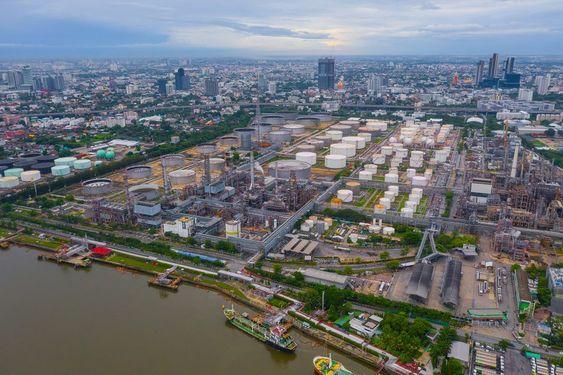
Infrastructure Development:
Ongoing and planned infrastructure enhancements, including road connectivity, utilities, and industrial facilities, support the expansion of existing industries and attract new investments.
Government Initiatives:
Supportive policies and initiatives by the Karnataka Industrial Areas Development Board (KIADB) and state government encourage industrial growth, facilitate ease of doing business, and promote sustainable development practices.
Industry Diversification:
Peenya's capability to accommodate diverse industries such as engineering, electronics, textiles, automotive components, and biotechnology positions it as a versatile industrial hub capable of meeting evolving market demands.
Technological Advancements:
Adoption of advanced manufacturing technologies, automation, and digitalization within Peenya enhances productivity, efficiency, and competitiveness of industries operating in the area.
Strategic Location:
Proximity to major transportation corridors like NH-75 and NH-44, along with accessibility to Bangalore City Railway Station and Kempegowda International Airport, strengthens Peenya's logistical advantages and facilitates seamless connectivity for goods movement.
Conclusion
In conclusion, Peenya Industrial Area stands as a cornerstone of Bangalore's industrial landscape, characterized by its diverse array of industries, strategic location, and robust infrastructure. Over the years, Peenya has evolved into one of the largest and most dynamic industrial hubs in Karnataka, playing a pivotal role in driving economic growth, fostering innovation, and generating employment opportunities.
The area's ongoing infrastructure developments, supportive government policies, and emphasis on technological advancements underscore its readiness for future growth and expansion. Peenya's ability to accommodate a wide range of industries, from engineering and electronics to automotive components and biotechnology, positions it as a versatile hub capable of adapting to changing market demands and global trends.
Looking ahead, Peenya Industrial Area is poised to continue its trajectory of sustainable development, environmental stewardship, and global competitiveness. As it continues to attract investments, nurture talent, and enhance industrial capabilities, Peenya remains integral to Bangalore's journey as a leading industrial and economic powerhouse in India.
explore further
Latest from Location Reviews
More from Recommendations
Resources
Dwello, for every home buyer, is a way to go from 'I feel' to 'I know', at no extra cost.


